Our Work
Energy Management Partner
Filter by:
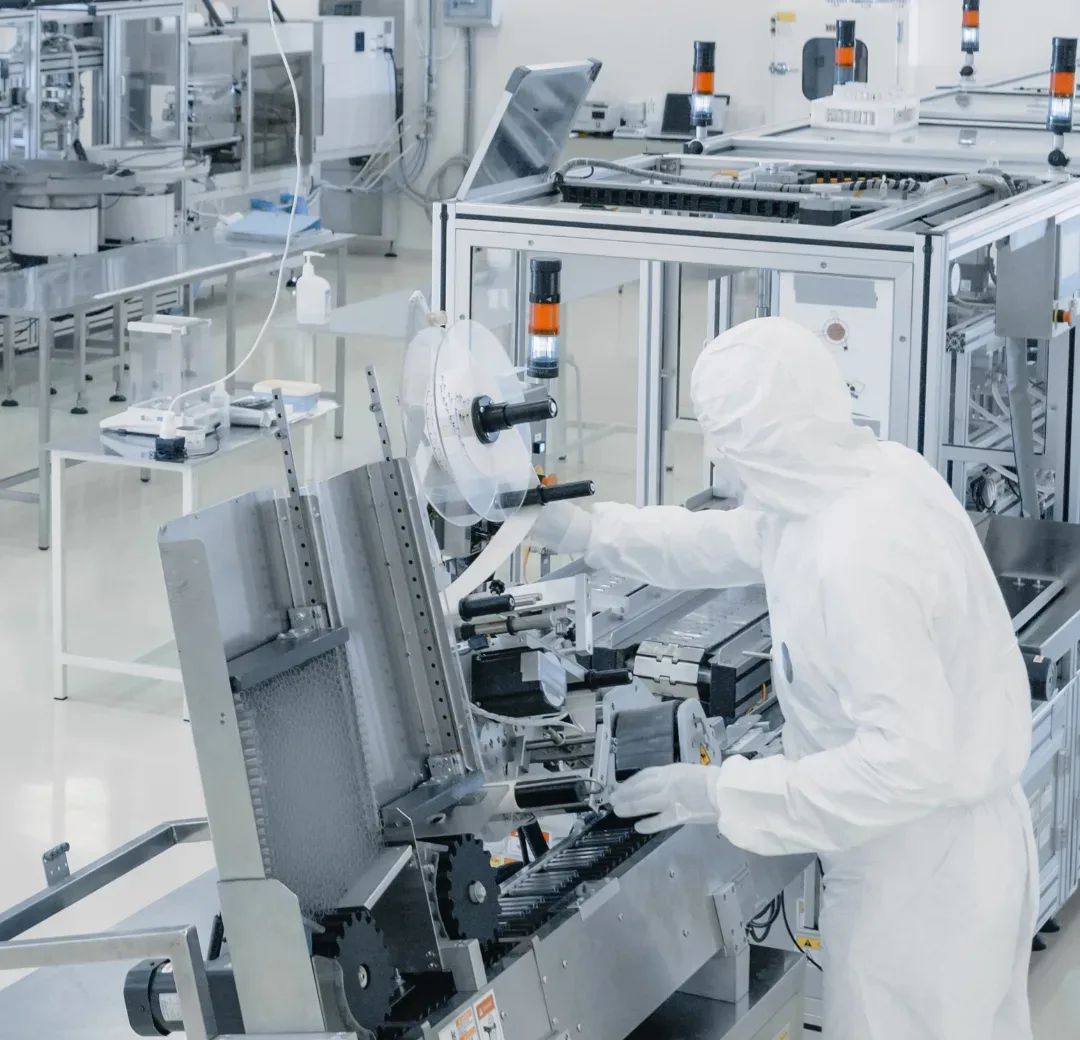
How a Leading Pharmaceutical Company Reduced Carbon Emissions by 59%
Learn how a leading pharmaceutical company partnered with EM3 to identify 950 opportunities across 27 sites, with a 59% reduction in carbon emissions.
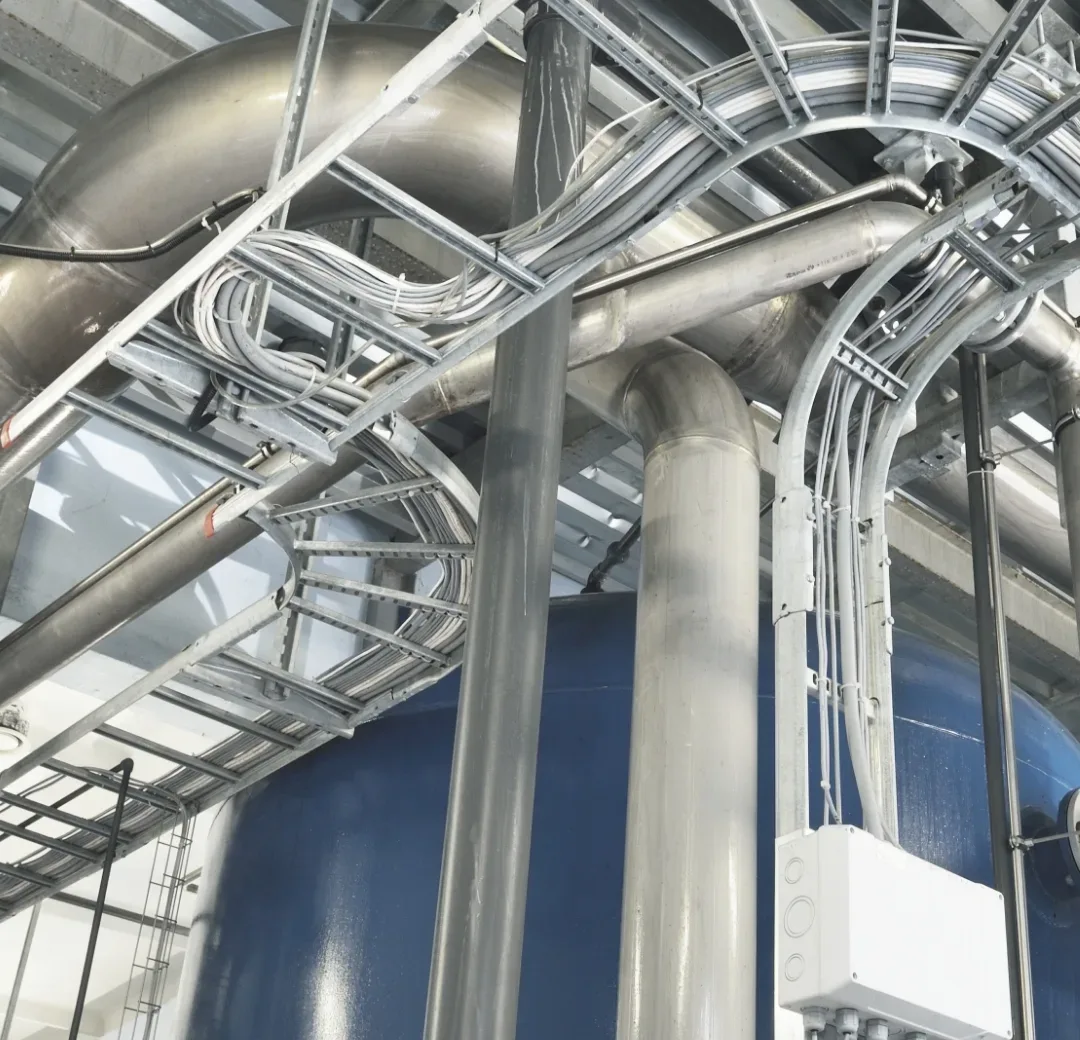
New Boiler House Reduces Carbon Footprint
Learn how EM3 helped a leading global alcohol beverage company reduce its carbon footprint with a new boiler house at one of their plants.
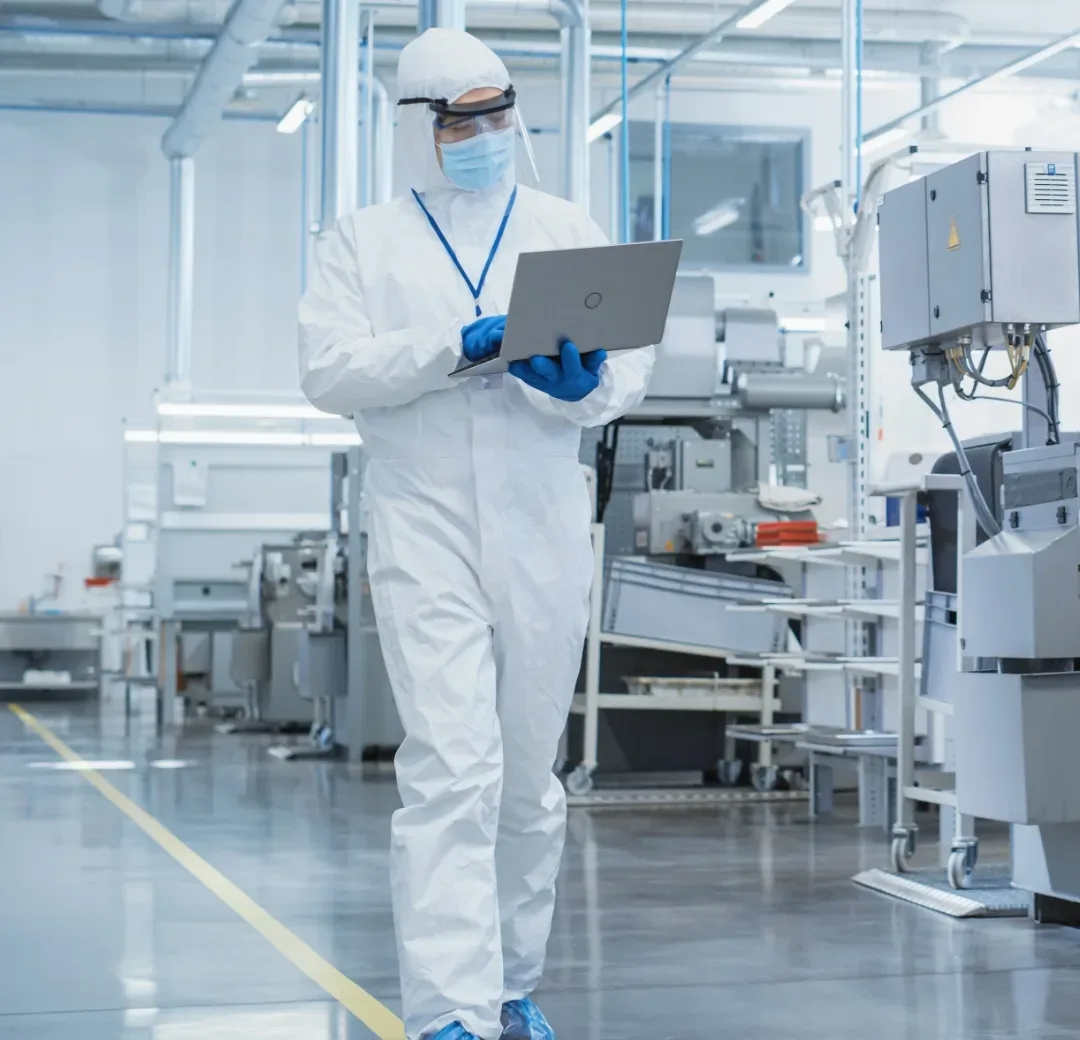
Decarbonisation at Pharmaceutical Supply Chain Head Quarters
Discover how an EM3 energy audit, a heat pump solution, and further enhancements accelerated decarbonisation for a leading pharmaceutical company.
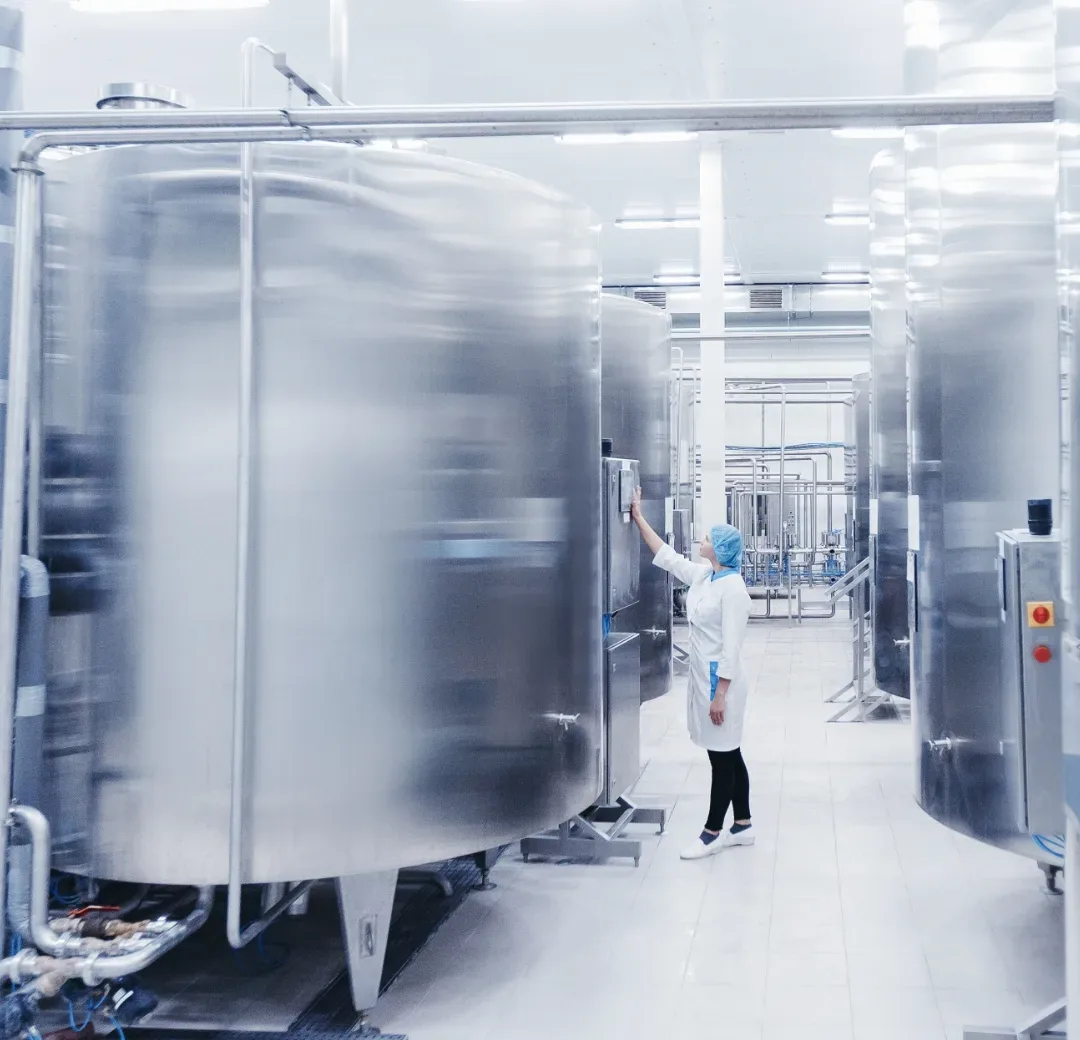
Leading Food Company phase out Heavy Fuel Oil (HFO) and Upgrades Boiler
EM3’s expertise helps a major food company tackle heavy fuel oil issues and upgrade boilers for enhanced efficiency.
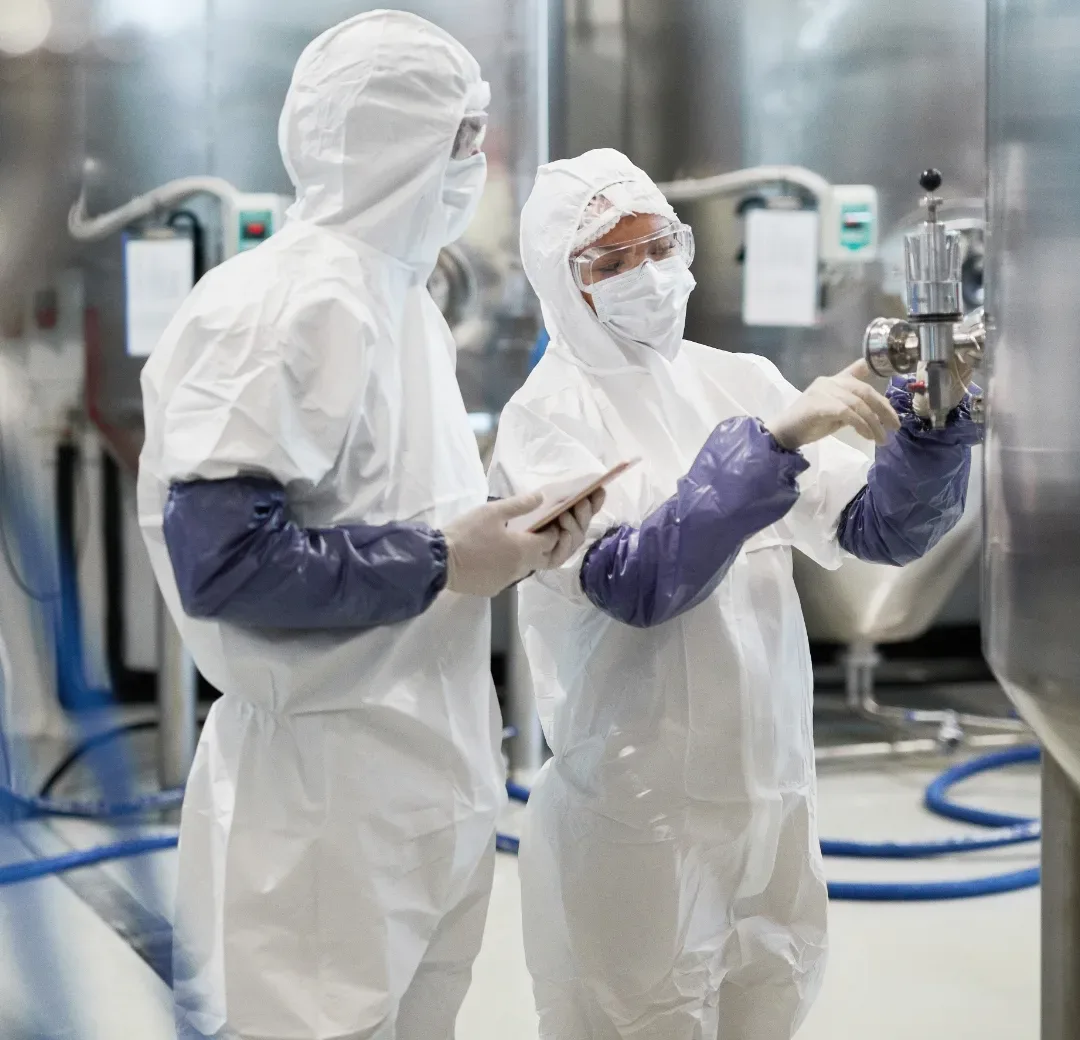
A leading animal healthcare company’s path to achieving carbon neutrality across ten sites
EM3 Partners with Leading Animal Healthcare Organisation for Carbon Neutrality in 10 Sites by 2030. Follow Their Strategy.